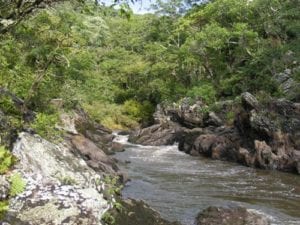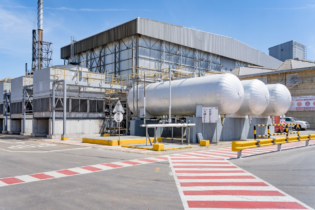Plans to increase Zambia’s power generation capacity are underway with the government recently recognising hydropower as the most appropriate power generation medium to ensure the country’s continued economic growth.
Situated in the North-Western province of Zambia, the construction of the Kabompo Gorge is an early indicator of other large projects in the pipeline. South African consulting engineering firm, GIBB, has played an administrative and facilitative role in the project and is now in the final negotiation stages and finalisation of the Engineering, Procurement and Construction (EPC) negotiations with preferred contractors. “Due to the risk of unforeseen geological conditions in the area, we recognised that the nature of the contract could result in excessively inflated tendered prices or few, if any, bids being submitted. With this in mind, a modification to the standard contract was prepared as an option that allows for geological risk sharing, which resulted in competitive bids received,” explained Sean Renecke, GIBB Project Manager.Once finalised, GIBB, in a joint venture with Knight Piésold and Royal HaskoningDHV will lead the technical construction of the Kabompo Gorge with a team of office-bound designers and a group of supervisors on the ground.
“Hydropower in Zambia is very important as the country has an estimated 6000 MW potential of hydropower capacity and only a third of it has been developed,” said Renecke. The 40MW Kabompo Gorge Hydro Project will incorporate an approximately 50 m high dam and significant underground works. The power station project is expected to bring development opportunities to the districts around the project area and will connect into the main Zambian electricity grid through a transmission line to a future ZESCO substation at Kalumbila. It is expected that significant progress will be made with the selection of an EPC contractor, further development of project documentation and site preparation activities. Some EPC activities have already commenced under an early works agreement and the main construction works is expected to begin by February 2014 and will continue for 32 months.






